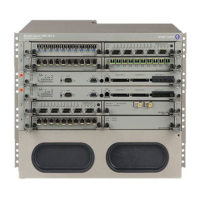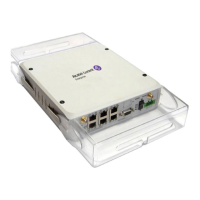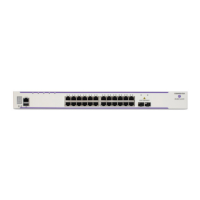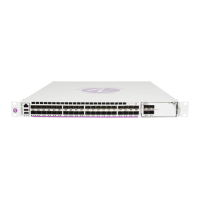RADIUS Attributes Reference
7750 SR RADIUS Attributes Reference Guide Page 141
RADIUS Accounting Attributes
Enhanced Subscriber Management (ESM) Accounting
There are currently three accounting modes in Enhanced Subscriber Management accounting:
• Host accounting (H)
• Session accounting (S)
• Queue instance accounting (Q)
A single host can have up to two simultaneously active accounting modes.
The Acct Reporting Level column in Table 54 shows the accounting mode messages that report
the attribute:
• HSQ means the attribute is present in the accounting messages of all accounting modes
• H->S->Q means the attribute is present in the accounting messages of a single accounting
mode:
→ If Host accounting is enabled, then the attribute is present in the accounting messages
that belong to this mode.
→ Else if session accounting is enabled, then the attribute is present in the accounting
messages that belong to this mode.
→ Else if Queue instance accounting is enabled, then the attribute is present in the
accounting messages that belong to this mode.
Each accounting mode has a dedicated accounting session id. The accounting session id (number
format) has a fixed length format of 22 bytes and is unique.
• Host accounting (per subscriber host):
show service id <svc-id> subscriber-hosts detail
Acct-Session-Id : 241AFF000000204FE9D801
• Session accounting (per PPPoE or IPoE session):
show service id <svc-id> ppp session detail
show service id <svc-id> ipoe session detail
Acct-Session-Id : 241AFF000000214FE9D801
• Queue instance accounting (per queue instance):
show service id <svc-id> subscriber-hosts detail
Acct-Q-Inst-Session-Id: 241AFF000000224FE9D801

